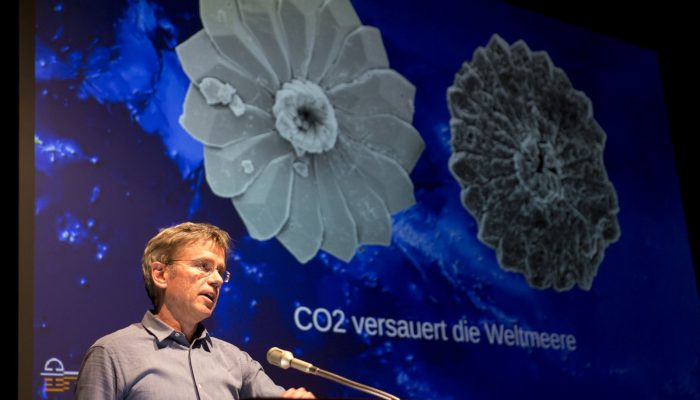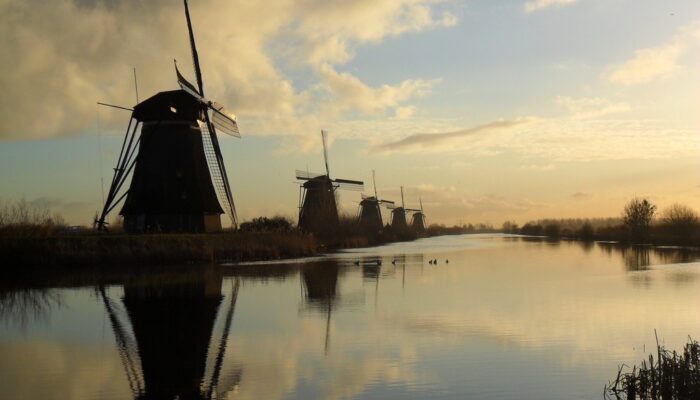Thousands of scientists gather in Vienna every year to network and to present and discuss their research at the Austria Center Vienna (ACV). Aside from a packed and diverse programme for scientists at the meeting, the EGU also organises events aimed at the local Viennese public, as well as a few public engagement events and sessions for scientists at the ACV. Night at the museum: EGU Public Lectur ...[Read More]
Public engagement events at the EGU General Assembly




